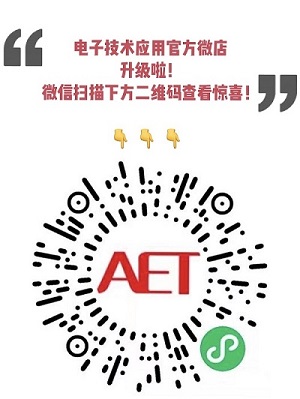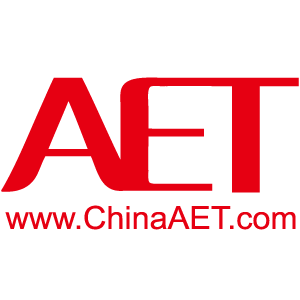自动驾驶极端情况下的算法治理探究
网络安全与数据治理 2023年3期
韦欣荃
(清华大学法学院,北京100084)
摘要: 随着自动驾驶汽车技术的发展,极端情况下的事故算法将传统的电车难题思想实验转变为亟待解决的现实困境。极端情况算法不仅直接关系到所有道路交通使用者的生命安全,还涉及自动驾驶交通事故责任的分配与承担,需要在智能网联汽车正式上路与商业化运营前给出明确的部署方案。基于已有的应用伦理学理论、机器学习编码道德、用户预设道德选择三类风险分配方案的优缺点,本文从生产商可能承担的法律风险出发,提出一种可能的风险分配思路,期望通过设立一定规则排除刑事责任,缓减民事赔偿责任,利用法律、伦理和技术的有机结合构建极端情况算法规制框架。
中图分类号:D92
文献标识码:A
DOI:10.19358/j.issn.2097-1788.2023.03.007
引用格式:韦欣荃.自动驾驶极端情况下的算法治理探究[J].网络安全与数据治理,2023,42(3):38-45.
文献标识码:A
DOI:10.19358/j.issn.2097-1788.2023.03.007
引用格式:韦欣荃.自动驾驶极端情况下的算法治理探究[J].网络安全与数据治理,2023,42(3):38-45.
Research on algorithm governance in extreme situations of autonomous driving
Wei Xinquan
(School of Law, Tsinghua University,Beijing 100084,China)
Abstract: With the development of automated and connected vehicles, accidentalgorithms in extreme traffic situations have transformed traditional trolley problem into realworld dilemmas. Because accidentalgorithms are directly related to the safety of all road traffic users, and also involve the allocation of responsibility for traffic accidents, it is important to find a feasible solution before the industry of automated and connected vehicles is officially commercialized. There are several kinds of approaches to deal with this problem, like applying ethics theory, coding ethics with machine learning and presetting users’ moral choice. Based on the advantages and disadvantages of these existing approaches, this paper proposes a possible risk allocation plan, setting certain rules to exclude producers’ criminal liability and alleviate civil liability, hoping to build a regulatory framework in extreme conditions with the combination of law, ethics and technology.
Key words : automated and connected vehicles;accidentalgorithms;risk allocation
0 引言
随着人工智能技术的发展,各国政府、国际组织都高度重视人工智能治理的伦理难题,积极回应紧张人机关系中的伦理诉求。智能网联汽车产业作为人工智能发展的重要分支,其伦理问题因涉及网络安全、人机交互、隐私保护等方面而备受关注。其中,极端情况下的碰撞选择是最为核心的伦理冲突之一。自动驾驶的发展使得“电车难题”式的碰撞从两难情况的伦理思考变为多重选择的现实困境,关于生命价值能否被衡量、如何分配道路交通风险等伦理讨论成为自动驾驶发展过程中必须直面的难题。
本文详细内容请下载:https://www.chinaaet.com/resource/share/2000005254
作者信息:
韦欣荃
(清华大学法学院,北京100084)

此内容为AET网站原创,未经授权禁止转载。

